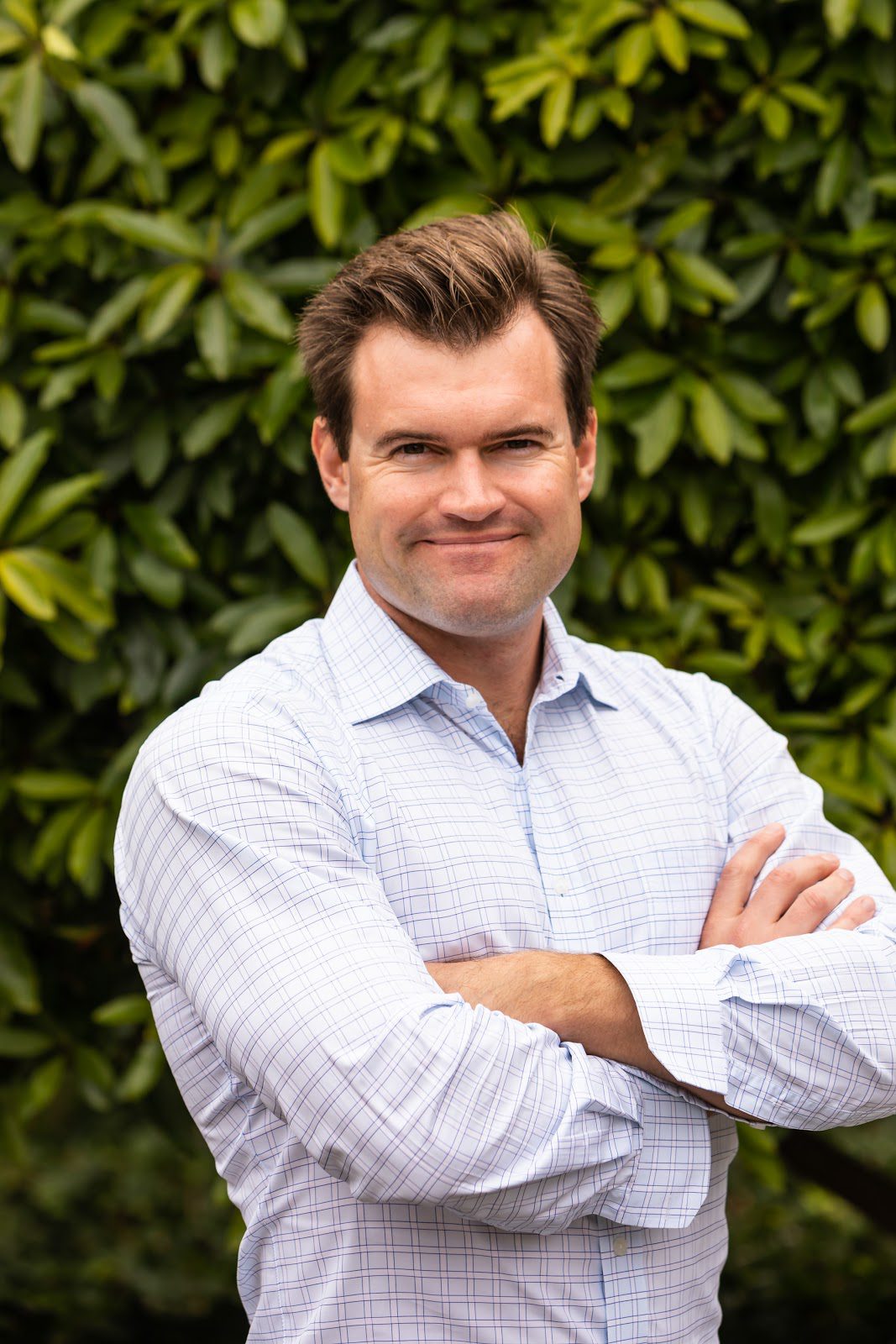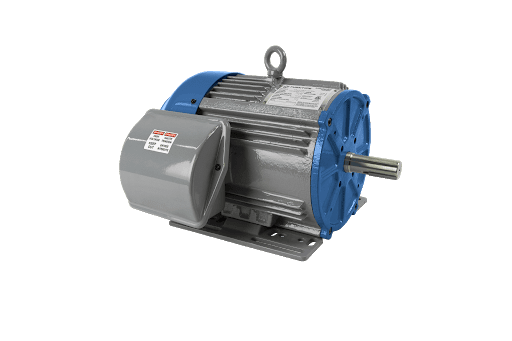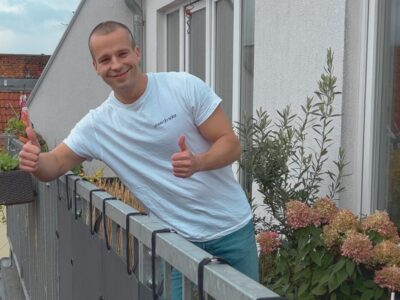The company announced investments in green-tech companies Pachama and Turntide.
Amazon recently announced the first recipients of investments from its $2 billion Climate Pledge Fund created by the company to support “visionary companies” developing carbon-removing technologies and services. The Climate Pledge Fund is named for Amazon and Global Optimism’s Climate Pledge–a commitment to meeting the goals outlined in the Paris Agreement 10 years early in 2040 as well as achieving carbon neutrality that same year. Global Optimism is an enterprise aimed at driving environmental and social transformation.
The five recipients include electric vehicle automaker Rivian, CarbonCure Technologies, a developer of technology that consumes carbon dioxide during the production of concrete, battery and electronic waste recycling technology company Redwood Materials, climate technology company Pachama, and Turntide Technologies, an energy-efficient motor developer. Here we’ll explore the latter two recipients.
Pachama

Founded in 2018 by entrepreneur Diego Saez Gil and machine learning engineer Tomas Aftalion, San Francisco-based Pachama is an organization with a mission of using nature restoration to solve climate change. It does this by utilizing data, artificial intelligence, and automation to help conserve ecosystems, improve carbon markets, and aid reforestation.

Pachama’s technology tracks the amount of carbon dioxide captured by various forestry offset projects and allows companies and individuals to support them. The company is named after Pachamama–“the Mother Earth goddess for the indigenous people of South America.” We spoke with co-founder Saez Gil about the company and how it originated.
“Pachama is a verified marketplace of forest carbon offsets in which any company can come and can source high-quality reforestation and forest conservation projects that are sequestering carbon from the atmosphere,” said Saez Gil. Pachama then verifies the projects “using satellite images and AI and then use those carbon offsets to compensate their emissions as they move away from fossil fuels as part of their carbon-neutral or net-zero plans,” he added. Saez Gil said that two of the company’s customers include Microsoft and Shopify.
Examples of U.S. projects which use Pachama’s technology include the Alligator River conservation project in North Carolina and the Massachusetts Tri-City improved forest management endeavor, Saez Gil explained.
Co-founder and CEO Saez Gil, who grew up in northern Argentina near the Amazon rainforest, returned to the area a decade later to find the devastating magnitude of reforestation–a discovery that prompted the realization of the role forests to play in combating climate change.
“To me, it was insane that not only were we not reforesting at scale, but we were actually continuing to deforest the Amazon rainforest, which is one of the biggest carbon sinks that we have on the planet”, said Saez Gil.
Fellow Argentinian Aftalion, who had been pondering technology’s role in saving the earth, connected with Saez Gil after Saez Gil moved to California, and Pachama was born with Saez Gil as Chief Executive Officer (CEO) and Aftalion as Chief Technology Officer (CTO).
2020 has been a huge year for the San-Francisco startup. In September Pachama raised $5 million total in new funding from Amazon’s Climate Fund as well as from Bill Gates-backed Breakthrough Energy Ventures, a coalition of investors that supports technology and projects aimed at accelerating the path toward world net-zero emissions. That brings the company’s total funding to $9.3 million, according to Crunchbase.
Amazon says that Pachama will help it assess nature-based solutions to climate change and that this includes investments made by its Right Now Climate Fund–a $100 million fund created to support nature-based carbon removal solutions.
“Pachama is a climate technology company that is democratizing access to nature-based carbon markets,” Amazon said.
Despite Pachama’s success, it’s been a trying year for Saez Gil who experienced the impact of the devastating effects of climate change first-hand. In August, Saez Gil shared that his Boulder Creek, Colorado, home was among the many that were destroyed by wildfires this year. Saez Gil, who was camping in Oregon at the time, was unable to retrieve any of his belongings. It’s been a record year for wildfires in Colorado, and wildfires have torched millions of acres across California, Washington State, and Oregon.
“I decided to live in nature because I wanted to be in close touch with nature, and little did I know that I was going to become a climate refugee in a way. It was tough–I’m not going to lie. But, at the same time, I did try to interpret this as a stark reminder that climate change is here and that this is a huge problem that we’ll have to tackle right away,” Saez Gil said. “This definitely makes me double down on my determination to work with all I have on this mission.”
Turntide Technologies
Sunnyvale, California-based Turntide Technologies, formerly known as Software Motor Company, was founded in 2013 by technology strategist Mark L. Johnston. Before founding Turntide, Johnston launched six companies including his first which helped establish payroll and accounting software for PCs during the early 1980s, his profile on the company’s leadership page states. The company has developed what it refers to as “The LED of motors,”–its Smart Motor System, which it says has lower material costs, higher programmability, and simpler winding complexities, among other benefits than your typical traditional AC induction motor.

Turntide believes that modernizing the world’s electric motors is key to addressing climate change.
The Business Download spoke with Turntide Chairman and CEO Ryan Morris in an interview about Turntide, its technology, and his journey to the company.
“I’ve been an entrepreneur, engineer, and investor my whole career,” said Morris. His path to Turntide began six years ago while serving on the board, then becoming executive chairman of an electric vehicle drivetrain company. It was during this time he noticed the potential of switched reluctance motors.

“It was one of those things that within two minutes of when I learned what a switched reluctance motor was and how it worked it was obvious to me that this was going to be the future of the majority of electric motors.” He explains that the primary reason the switched reluctance motor had not been commercialized was because of a computing requirement not yet possible.
Two years later, following an intensive patent search for companies utilizing switched reluctance technology, Morris discovered Software Motor Company (now Turntide) and found that the “high rotor pole switched reluctance” technology it was using “solved a lot of the key problems that had held switched reluctance motors back.”
“I recognized that this Turntide technology had a ton of potential but that it also wasn’t going to be easy because anything in these types of markets requires a real persistence to solve it.”
Just over three years ago, Morris joined as co-CEO alongside Johnston. Morris says that when he asked Johnston about the company’s future he was told that after a few years they would sell the company. Johnston’s last company sold for around $50 million, Morris notes.
But Morris insisted this project was different. “I told them: I think this technology can be like a $100 billion market.” Morris jokes that Johnston replied, “Great, you join us and you pay for it.” Morris has since become CEO.
Morris says that his company’s mission is to replace all of the world’s motors with optimal motor systems like its own and that the main benefits of Turntide’s motor, compared to a traditional one, are lower energy consumption and lower maintenance, thus lower costs.

“We’re basically reinventing the electric motor with a digital DNA so it’s really more of a software product, basic software wrapped in metal is our kind of tagline and software doesn’t rust,” he explains. The company also claims that replacing the world’s motors with its technology would equate to the carbon equivalent of adding seven Amazon rainforests.
“If I can help play a meaningful contribution to making fresh clean air and having people connect with nature more, that is a huge motivating factor for me,” Morris said.
Turntide has had a very successful fundraising year. Just last month the company raised $33 million, including the funding from the Climate Pledge Fund. Turntide’s other investors include BMW iVentures and JLL Spark, and Morris says that in the last four years the company has raised $103 million.
Amazon is currently piloting Turntide’s motors in a number of its buildings and that they have so far yielded a major reduction in electricity usage, the retail giant said in its press release.





